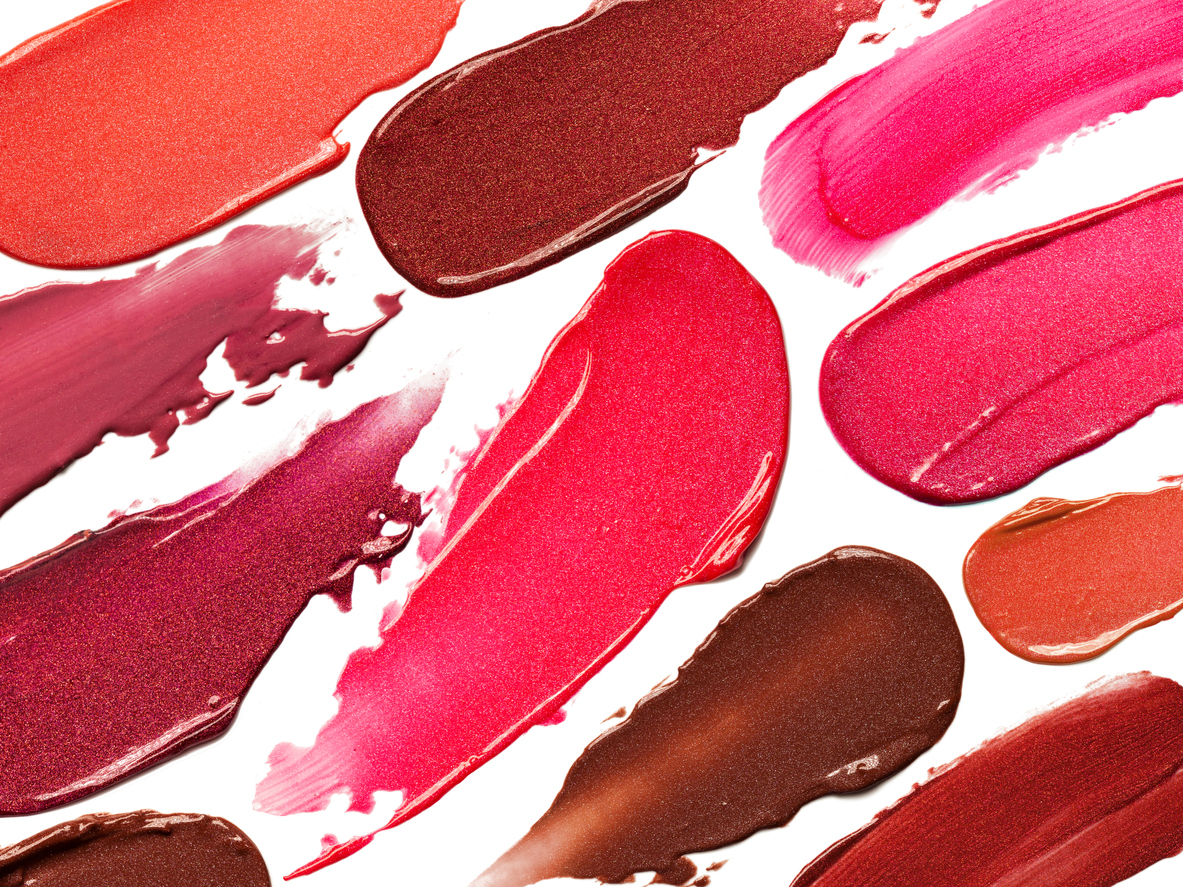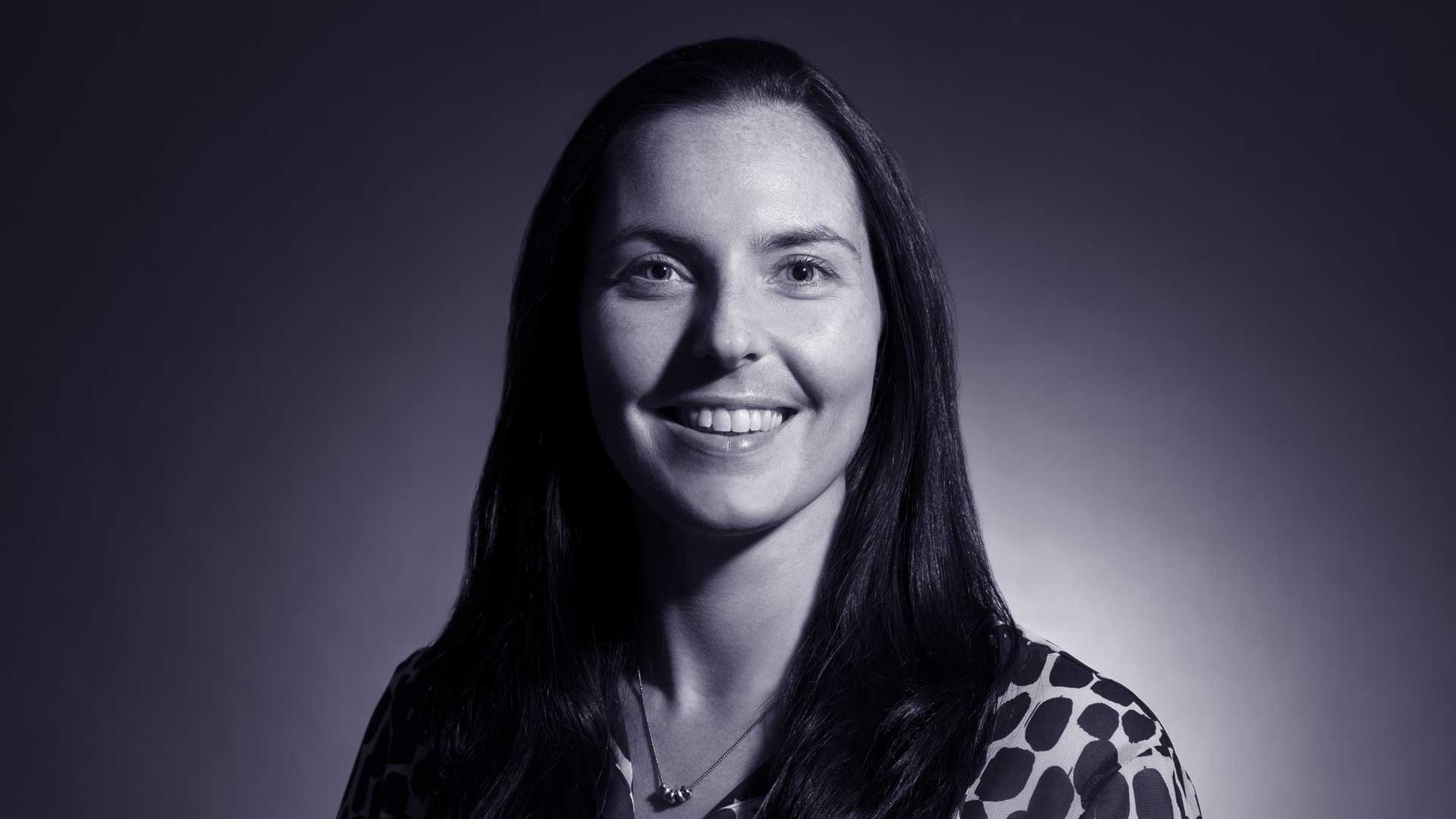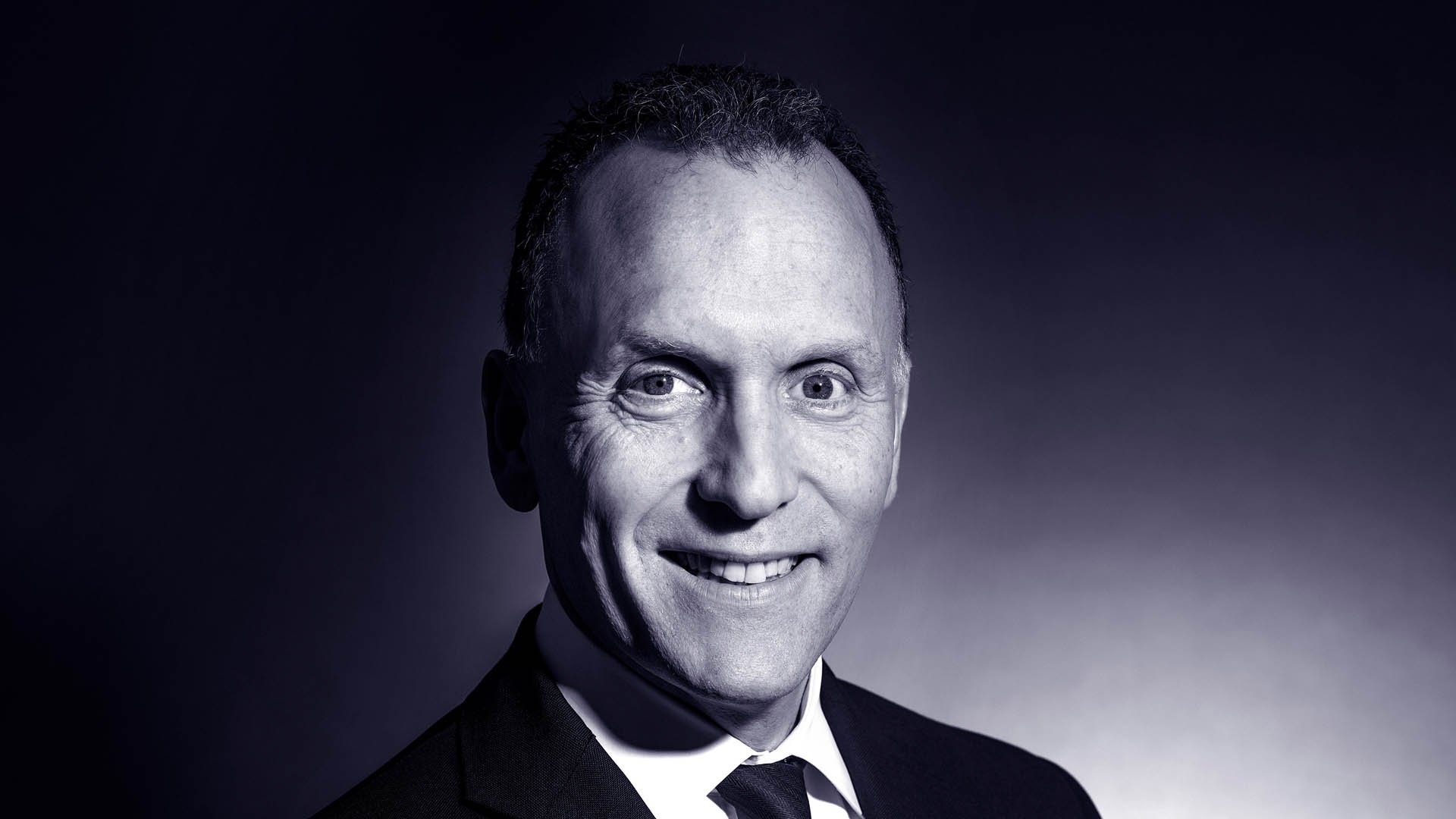Beauty remains buoyant: Opportunities for investors in H2 2023

The last two years saw challenging dealmaking and financing conditions for many industries, and the beauty industry was certainly not immune. However, the outlook for the sector remains bright. Despite the industry facing a margin squeeze as a result of reduced consumer spending at the same time as high levels of inflation, Vogue Business reports all categories to be on an upward trajectory with the potential for the overall global beauty market to hit $596 billion by 2025.
Beauty is in the eye of the investor
Opportunities for investors in the sector look set to grow throughout the rest of the year and into 2024 - the beauty industry’s high profitability (with EBITDA margins of up to 30 percent), strong consumer engagement and the potential to grow rapidly will continue to attract new entrants into the space. On the buy-side, high levels of dry powder mean private equity investors are motivated to move quickly to finance deals where they have strong conviction, particularly where there is an opportunity to transact outside of a formal auction process. However, investors and funders are increasingly looking at creative structuring alternatives from both a debt and equity perspective to address challenging short term consumer dynamics, a high bar internally at Investment Committee when it comes to new platform investments, and a less-than-favourable capital-raising environment. As such, there has been a larger proportion of minority or growth investments within the market, with recent examples in the beauty space including L Catterton’s investments in Dibs Beauty, Maria Nila and Irene Forte Skincare.
What makes a ‘good’ target brand?
In a time where acquirers are seeking businesses that can demonstrate strong growth potential, those who can adapt to the rapidly changing consumer dynamics, including demands for ‘clean’ beauty and tech-savvy solutions, have a greater chance of succeeding in the current landscape, and will prove a more attractive target.
Similarly, as the beauty industry shifts away from its previous ‘influencer’-led model, brands who have built up a loyal customer base underpinned by products that have genuine efficacy and ideally with a strong track record of sustained revenue growth and profitability, especially during economic downturns, will continue to attract investor interest. For businesses to remain attractive, they need to prove that they are able to scale up into new markets or categories, allowing them to remain innovative and competitive in such a crowded market with constant challengers emerging.
A case study in sector innovation
One example of sector innovation which is piquing investor interest is development in technology which can facilitate transformative growth in the beauty sector. Biotechnology and other advancements signify the new frontier of ‘clean beauty’ and allow brands to better meet consumer expectations around efficacy and sustainability, with tissue and cell cultures offering alternatives to animal and plant-derived ingredients. Investors are taking notice of such innovators at an early stage - for example Evolved by Nature, which has backing from Chanel and develops alternative natural ingredients to replace synthetic chemicals in skincare products, raised $120 million in series C funding last year.
Similarly, a focus on higher-quality, medical-grade skincare from consumers is also prompting investor interest in cutting-edge brands. For example, Arrowpoint Advisory’s Debt Advisory team recently advised Omni Partners on a debt raise to support its acquisition of Aesthetic Technology Limited (ATL). Founded in 2012, ATL is a multi-award-winning LED phototherapy company specialising in the development of innovative energy-based devices for the medical, aesthetic, and cosmetic markets. ATL is the manufacturer of Dermalux LED systems, a unique breakthrough technology that delivers advanced treatment of skin conditions through the optimisation of three, clinically-proven, combined wavelengths. Financing for the transaction was provided by Thincats and Tosca Debt Capital, in a highly commercial and flexible financing package which will support ATL’s future growth.
Ultimately, the beauty sector has demonstrated its buoyancy against macroeconomic headwinds, and there remains plenty of appetite amongst investors for dealmaking, both on the buy and sell-side. For brands considering a potential transition in the future, it will be those who truly prioritise transformative innovation whilst retaining a resilient brand identity, who will be most likely to succeed.


